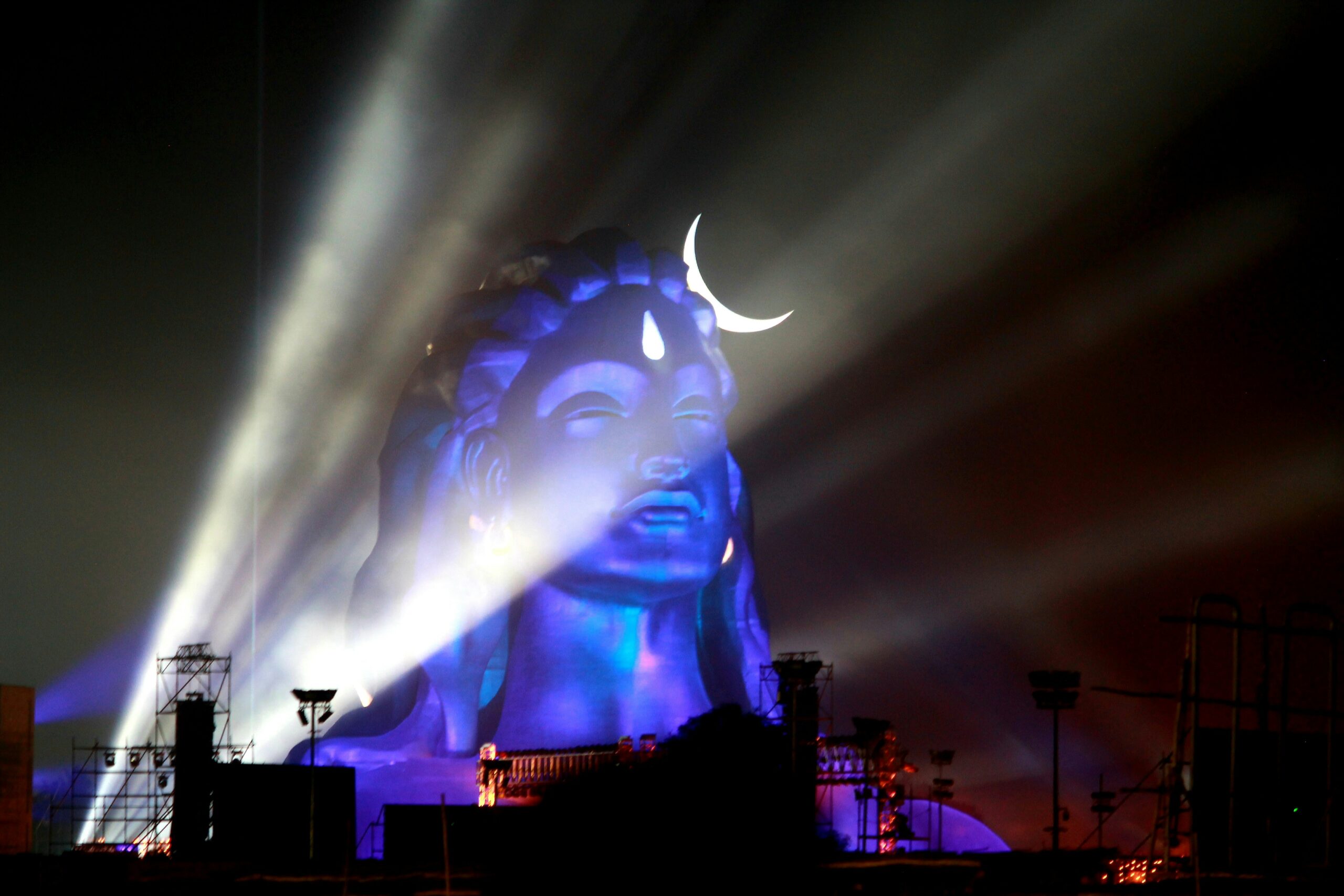Hinduism, one of the world’s oldest religions, is a complex faith with diverse practices and beliefs. It is characterized by a variety of scriptures, deities, philosophical schools, and practices. Despite this diversity, there are several core principles and concepts that are widely recognized within Hinduism:
1. Dharma (Ethical Duty)
Dharma is a central concept in Hinduism, representing duty, righteousness, and the moral laws that govern individual conduct. Dharma varies according to one’s age, caste, occupation, and gender, guiding Hindus on how to live in a way that upholds cosmic law and social order.
2. Karma (Action and Consequence)
Karma refers to the principle of cause and effect, where every action has corresponding results that affect one’s future. Good actions lead to positive outcomes, while negative actions lead to undesirable consequences. This law of moral causation encourages individuals to live ethically.
3. Samsara (Cycle of Rebirth)
Samsara is the continuous cycle of birth, death, and rebirth. The nature of each rebirth is determined by one’s karma. Liberation from samsara (moksha) is the ultimate goal of Hindu spiritual practice.
4. Moksha (Liberation)
Moksha is the liberation from the cycle of samsara and the suffering it entails. Achieving moksha is often considered the ultimate goal of Hindu practice. It involves the realization of one’s true self (Atman) and its unity with the ultimate reality (Brahman).
5. Atman (Self)
Atman is the spiritual essence or soul of every individual. It is eternal and beyond physical existence. Understanding and realizing the nature of Atman is crucial in Hindu philosophy, often linked with achieving moksha.
6. Brahman (Ultimate Reality)
Brahman is the supreme, unchanging reality that exists behind the physical and visible universe. It is described as the ultimate cause and foundation of all existence, often expressed through an array of deities and manifestations in various Hindu traditions.
7. Yoga (Path to Spiritual Practice)
Yoga in Hinduism extends beyond physical postures; it encompasses a variety of spiritual practices aimed at controlling the mind, body, and soul to achieve spiritual insight and tranquility. Different paths of yoga include Bhakti (devotion), Jnana (knowledge), Karma (right action), and Raja (meditative).
8. Vedas and Upanishads (Scriptures)
The Vedas are ancient scriptures that are considered the authoritative word of God. Alongside them, the Upanishads explore the philosophical aspects of the soul, the universe, and the nature of Brahman.
9. Multiple Paths to the Divine
Hinduism acknowledges various forms of worship and paths to spirituality, accommodating a wide range of philosophical and theological perspectives. This pluralism is encapsulated in the phrase “Ekam sat vipra bahudha vadanti” (“Truth is one, the wise call it by many names”).
10. Ahimsa (Non-violence)
Ahimsa, or non-violence, is a key virtue in Hinduism, advocating for peaceful and non-harmful interactions with all beings. This principle has influenced various social and political movements, notably the Indian independence movement led by Mahatma Gandhi.
11. Festivals and Rituals
Hindu life is marked by numerous festivals and rituals, which play an important role in expressing and sustaining the religious and cultural ethos of the community. These celebrations are times for communal gathering, prayer, and joy.
These principles and ideas provide a framework that helps to guide the lives of millions of Hindus around the world, shaping their beliefs, practices, and social structures. Your mileage may vary.


